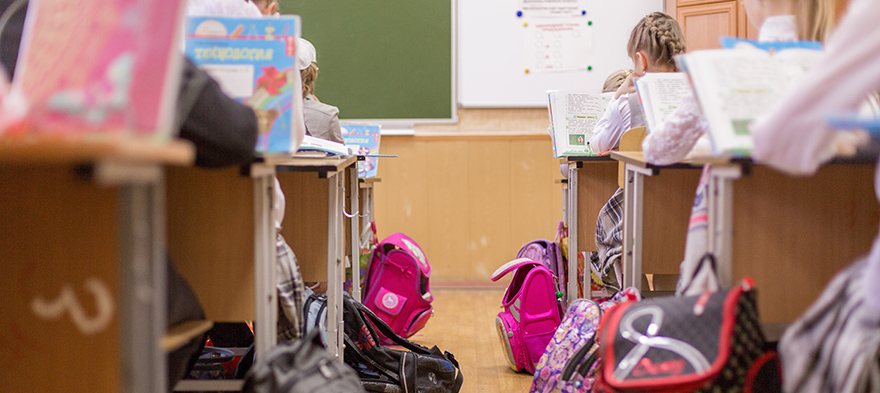
Jul 27, 2017 12:00:00 AM
by Alina Adams
There is a language of upward mobility in America. It has an expansive and nuanced vocabulary that it employs to nimbly navigate the world of organizations, institutions, and opportunities...It is the language of privileged parents, affluent communities, and elite universities…(But) you don’t learn that language in those places. They don’t let you in until or unless you demonstrate command of it.And, in New York City, a dual-language program for ELLs is the place where those who need instruction in the language of privilege the most, are the least likely to get it. Which severely limits their upward mobility. Which, Brooks is correct, ruins us all.
Alina Adams is a New York City mom of three school-age children and a New York Times best-selling author of soap-opera tie-ins, figure-skating mysteries and romance novels. She is a contributing writer to TODAY Show Parenting, Mommy Poppins, BlogHer, Red Tricycle, Café Mom and Kveller. After going through the New York City school application process with her own children and realizing just how convoluted, Draconian and needlessly complex it was, Alina resolved to help make all parents aware of all their school choices—and how to get them—via her books, “Getting Into NYC Kindergarten” and “Getting Into NYC High-School,” as well as her podcast, “NYC School Secrets: Parents Helping Parents.”
The story you tell yourself about your own math ability tends to become true. This isn’t some Oprah aphorism about attracting what you want from the universe. Well, I guess it kind of is, but...
If you have a child with disabilities, you’re not alone: According to the latest data, over 7 million American schoolchildren — 14% of all students ages 3-21 — are classified as eligible for special...
The fight for educational equity has never been just about schools. The real North Star for this work is providing opportunities for each child to thrive into adulthood. This means that our advocacy...
Your donations support the voices who challenge decision makers to provide the learning opportunities all children need to thrive.
Ed Post is the flagship website platform of brightbeam, a 501(c3) network of education activists and influencers demanding a better education and a brighter future for every child.
© 2020–2024 brightbeam. All rights reserved.
Leave a Comment